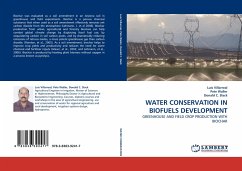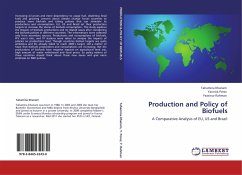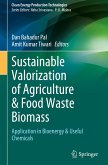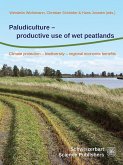Biofuels hold out the promise of a win-win-win solution. The race is on for a new form of fuel. With gasoline skyrocketing, dependence on imported oil and depleting resources worldwide, finding alternatives to petroleum-based fuel and fuel-related products is urgent. 1G biofuels increase greenhouse gas emissions because of land use change, drives soil erosion and the eutrophication of aquatic ecosystems putting pressure on food availability. Fortunately, scientists have been studying the production of alternative products to make a cleaner, greener fuel for years. As the global fuel mix diversifies, biofuels will be a major source of supply growth. For biofuels to be truly sustainable they need to be made more efficiently without using so many staple foods. And so scientists are developing new biofuels out of anything and everything, from plant waste to pond scum, from rotting garbage to whisky. By mid-century biofuels could be providing over one quarter of all transport fuel, including jet fuel. You may be wondering exactly how this slimy green stuff can be turned into a fuel for cars and airplanes, and even for the heaters that warm our homes and schools.
Bitte wählen Sie Ihr Anliegen aus.
Rechnungen
Retourenschein anfordern
Bestellstatus
Storno








